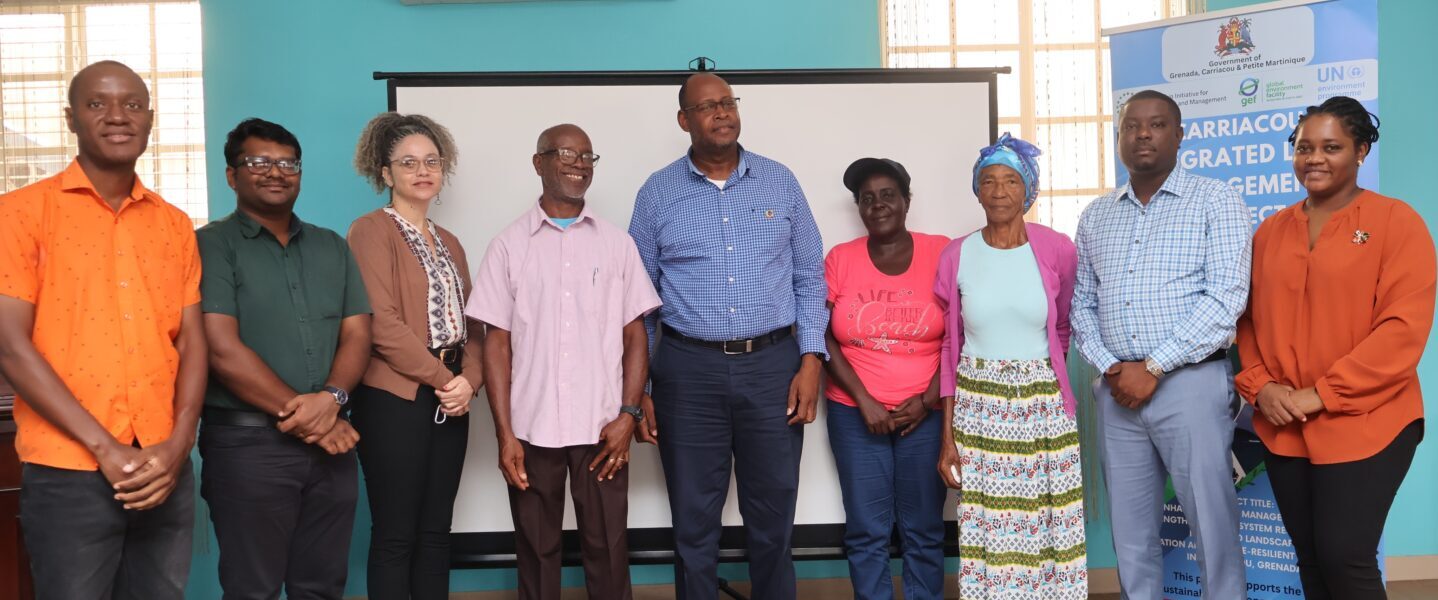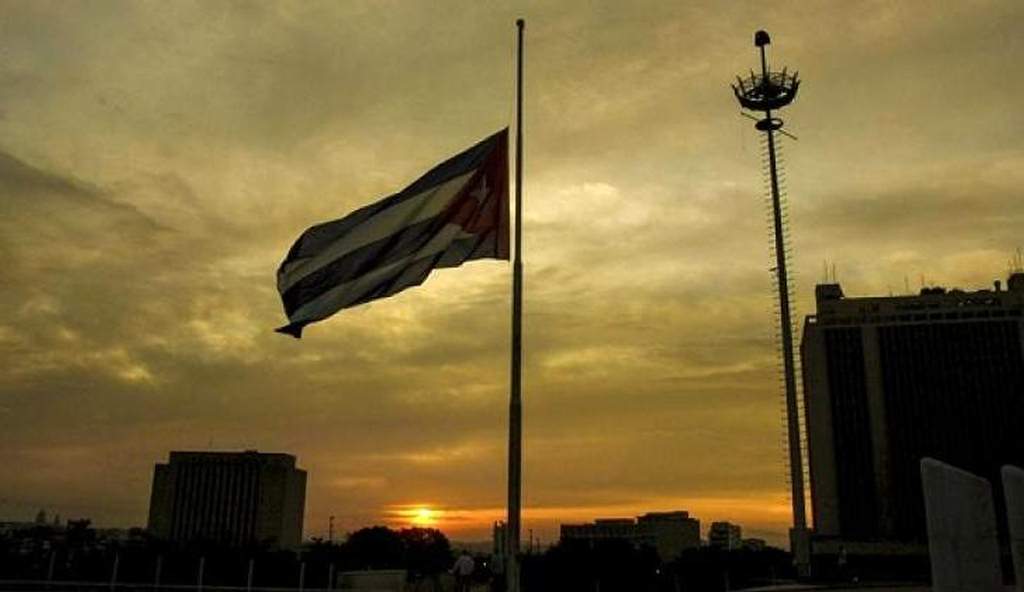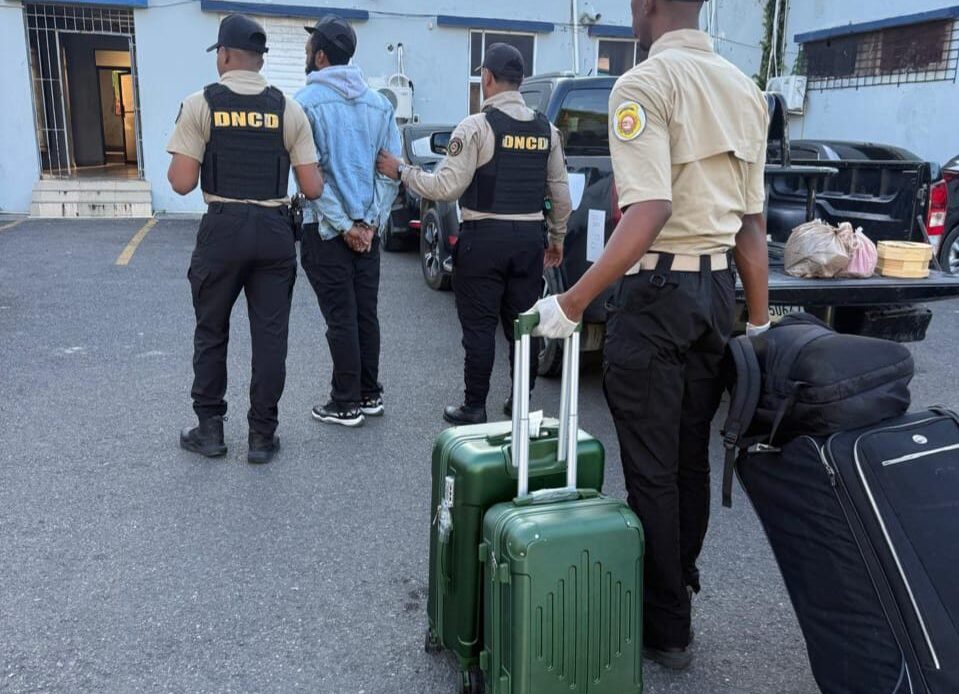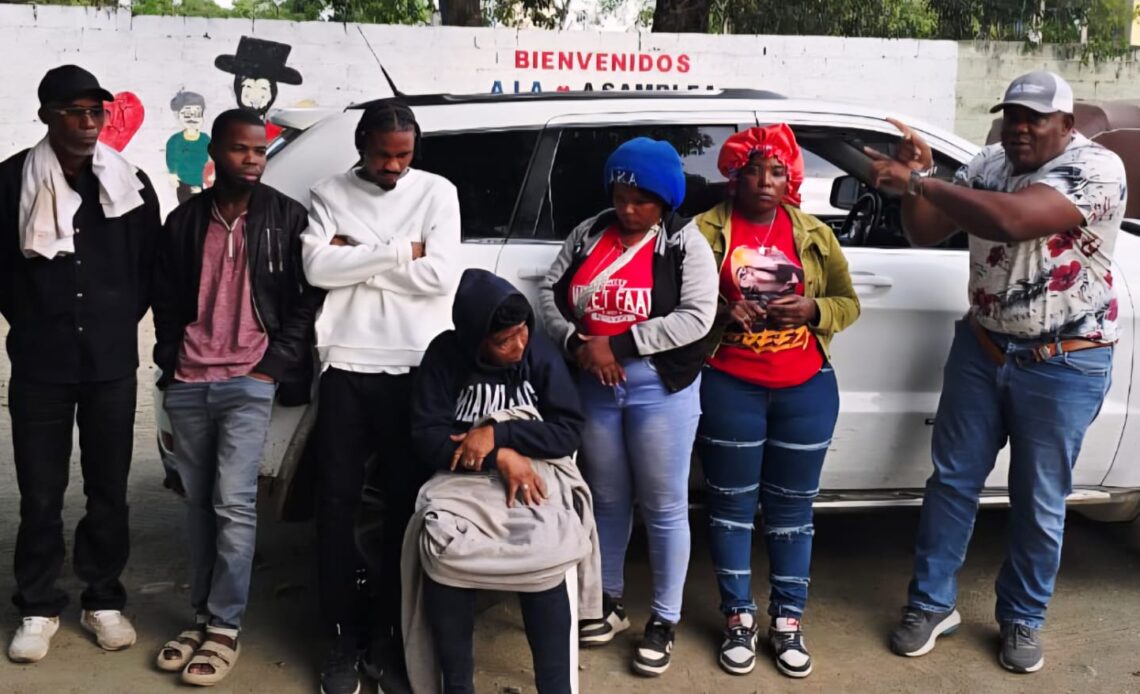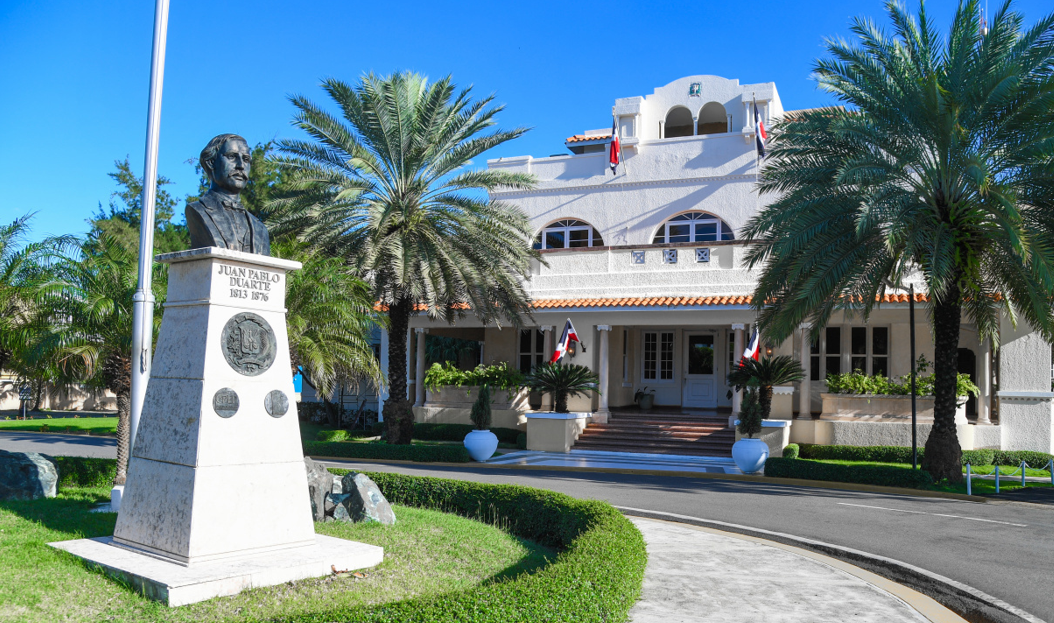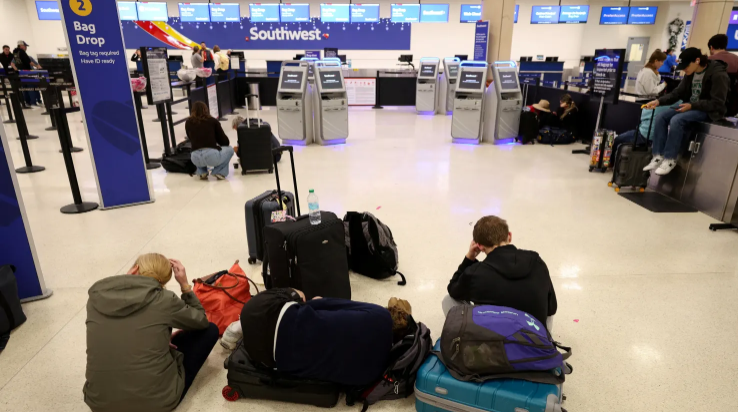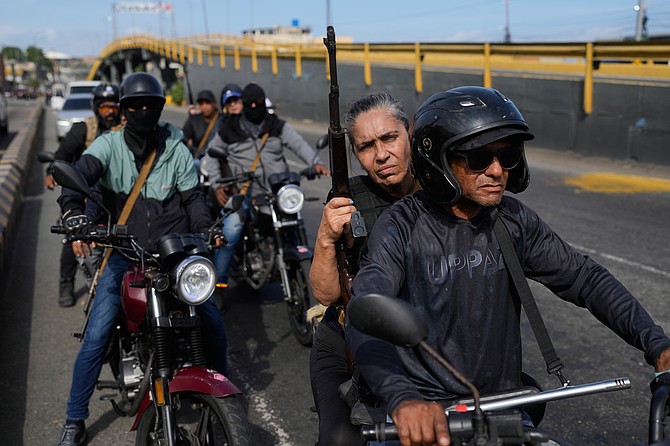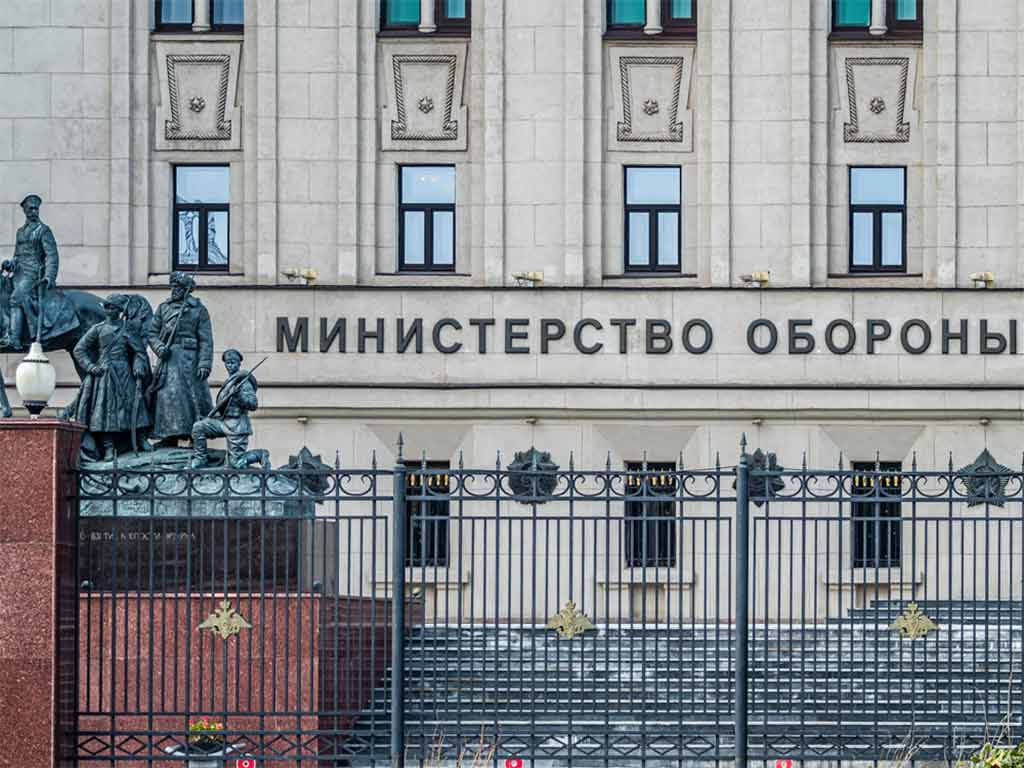Carriacou has officially launched a comprehensive environmental restoration initiative with the inaugural Project Steering Committee (PSC) meeting for the Integrated Landscape Management Project held on December 16, 2025. The gathering brought together community representatives, government officials, and international partners to coordinate efforts on the island’s ecological recovery.
Funded through the Global Environment Facility (GEF) and implemented with technical support from the United Nations Environment Programme (UNEP), the project has already initiated restorative activities in the communities of Dumfries and Belle Vue South. Simultaneously, enhancement work is underway at the Belair Nursery to significantly boost its production capacity through the provision of two shade houses and two storage containers.
Acting PSC Chairman Davon Baker outlined the committee’s critical oversight role, emphasizing their mandate to provide technical guidance, approve work plans, monitor financial projections, and ensure inter-ministerial coordination for effective project execution.
The meeting agenda focused on key project components including integrated water resources management—encompassing water conservation, irrigation systems, and water harvesting—alongside public awareness campaigns, community engagement strategies, and the establishment of a community nursery.
Dr. Ronen C.A. Francis, Executive Director of the Partnership Initiative for Sustainable Land Management (PISLM), highlighted the meeting’s significance: “This gathering ensures project agility, enabling adjustments and decisions meaningful for local citizens. Understanding their circumstances and needs makes decision-making both easier and more impactful.”
Joseph Noel, Chief Land Use Officer in the Ministry of Agriculture, Lands and Forestry, reaffirmed his ministry’s full support for the initiative. Project Manager Bernard McIntosh presented a comprehensive progress report detailing achievements since inception and outlining upcoming implementation milestones.
The project’s urgency was underscored by Dr. Christopher Cox, UNEP Task Manager, who referenced Hurricane Beryl’s devastating impact: “Carriacou’s extreme vulnerability, made painfully clear by Hurricane Beryl, underscores the urgency of investing in sustainable land management that strengthens resilience to climate shocks.”
The meeting concluded with a review of action items and renewed commitments to collaboration, accountability, and adaptive management throughout the project lifecycle. The next PSC meeting is scheduled for April 2026, as work continues on this transformative initiative expected to significantly improve livelihoods for Carriacou’s farmers and residents.
